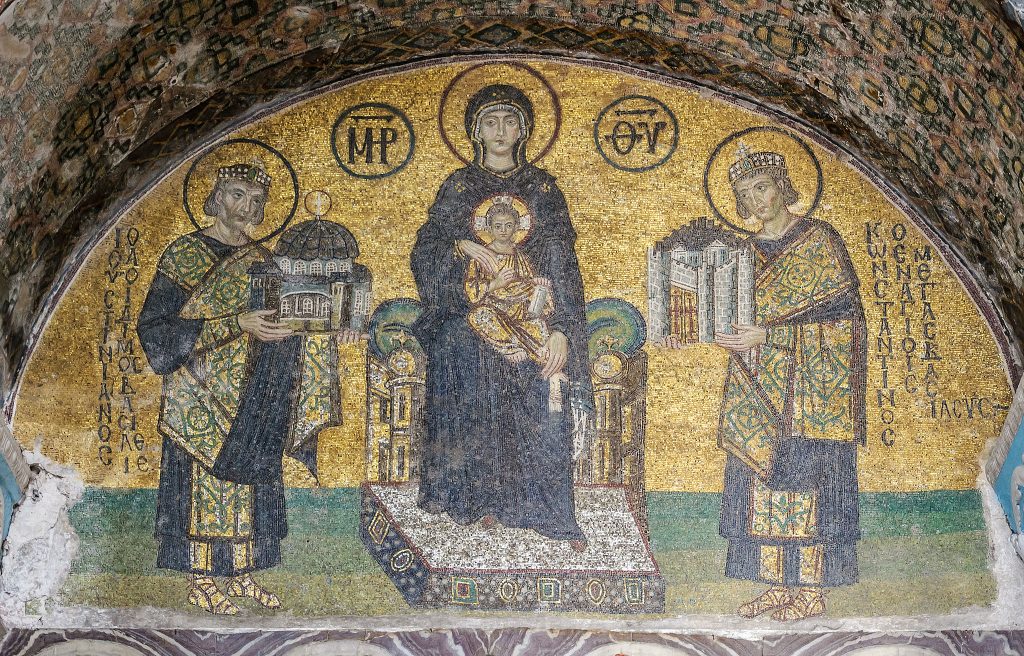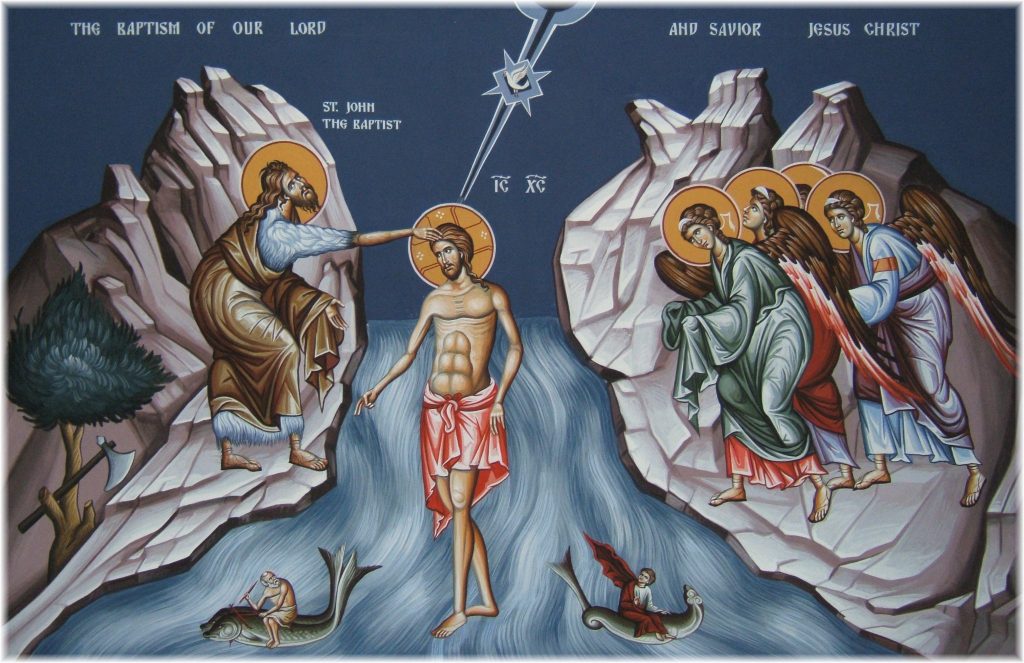Then Jesus was led up by the Spirit into the wilderness to be tempted by the devil. And after fasting forty days and forty nights, he was hungry. And the tempter came and said to him, “If you are the Son of God, command these stones to become loaves of bread.” — Matthew 4:1-3 ESV
Forty days and forty nights of fasting. After this ordeal, saying “He was hungry,” was an understatement. In that state, the claws of that temptation would have shredded me.
 Later, He said “Blessed are those who hunger and thirst for righteousness, for they shall be filled.” Have we hungered for righteousness as much as He hungered for bread in that moment? We should want it so much that our pursuit of it consumes us so completely and thoroughly that we fixate on it whenever we see it. He had the opportunity to supply His needs. Instead, He supplied ours.
Later, He said “Blessed are those who hunger and thirst for righteousness, for they shall be filled.” Have we hungered for righteousness as much as He hungered for bread in that moment? We should want it so much that our pursuit of it consumes us so completely and thoroughly that we fixate on it whenever we see it. He had the opportunity to supply His needs. Instead, He supplied ours.
For us, He gave His body as bread. “Take and eat; this is My body.” He is The LORD Our Righteousness. He gives us the hunger, then fills us Himself. He who was tempted to make bread became bread for us. Take the bread that fills both our stomachs and our souls.
He supplies our needs at His expense. He has given us the ultimate food to satisfy our ultimate hunger.
But he answered, “It is written,
‘Man shall not live by bread alone,
but by every word that comes from the mouth of God.’” — Matthew 4:4 ESV…for this is my blood of the covenant, which is poured out for many for the forgiveness of sins. — Matthew 26:28 ESV
This covenant, this word from the mouth of God that started with Adam, through Noah, to Abraham, Isaac, Jacob, Moses, David, and finally the Christ-God Himself, is our life. It is what we live by, for without it, no one could have eternal life. This fountain, this river, this never-ending spring of His blood, continues to cleanse us, moment by moment, as we trust in His covenant.
God cannot lie. His word binds Him to do what He said. Through Jeremiah, He promised a new covenant. With Christ as the first-fruits and the Holy Spirit our seal, we know that His laws will be written on our hearts, and we will all know Him intimately. Paul spoke of how we gentiles are grafted in to this covenant, fulfilling what was spoken to Abraham, having him bless all the nations.
His words are words of truth. In giving us His words, He has given us life.










After 40 days and nights you have to make yourself eat and you also should eat lightly and no strong meat . Done it three times . Stuff happened supernaturally too ! I could tell you stories .
In the first century, Christians had the Lord’s supper every 7 days.
This usually didn’t coincide with the Roman day off, so they took
it at night or at home sometimes. The Roman church and Orthodox
church continue with this. Church of Christ also has a weekly observance.
Today, however, most denominations do it whenever they feel like it.
They sure pass the plate for $$$ every time, though…
5